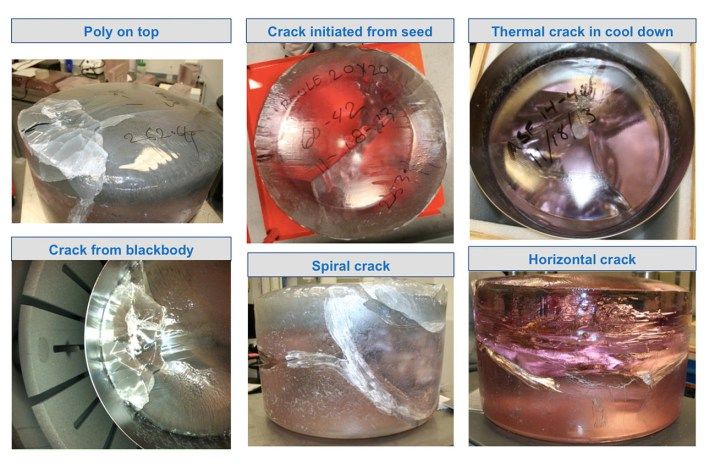Depending on whether or not you can fulfil what is asked of you, being an Apple supplier sounds like it’s either the best or worst experience imaginable.
In the wake of the crashing and burning of Apple’s former sapphire supplier GT Advanced Technologies, some of Cupertino’s other contractors have pitched in with their take; filling the Wall Street Journal in on a few of the lessons they’ve learned along their roller coaster rides with Apple.
The two biggest take-homes? Don’t make promises you can’t keep, and don’t rely too much on Cupertino.
As the WSJ points out:
When Pegatron started making iPhones in 2011, the Taiwan-based company wasn’t that good at it. It lost money for more than a year on iPhones because too many coming off the conveyor belt didn’t meet standards, people familiar with the matter said. In industry-speak, there were “yield-rate problems.” But since Pegatron had a strong business making personal computers, it could subsidize the iPhone production until the company was up to speed.
Today, iPhones are a major earner for Pegatron.
The article also highlights that Apple changes its suppliers every now and then, so keeping other customers on board is key for manufacturers. This especially counts when Apple is asking for major investments to be made on its behalf.
Even though the company may offer to pay a percentage of the costs needed to upgrade equipment, this means the technology can then only be used to manufacture Apple products.
“Apple always asks the suppliers to expand their manufacturing facility to meet the rush demand for its new product, but we have to make our own judgment as the big orders only last for a few months,” one supply manager is quoted as saying. “For example, Apple might want us to increase 100 production lines, but we would only add 50 to 60 gradually.”
This isn’t to say that manufacturers are hesitant about pouring money into working with Apple, of course. Pegatron recently revealed that it has plans to spend half a billion dollars to ramp up iPhone production, while Foxconn is set to build an entire $2.6 billion (!) factory dedicated to Apple components.
What is different about these two companies, however, is that unlike GTAT — which appears to have jumped blindly into its Apple partnership — Foxconn and Pegatron have taken it slow. And even at a time when they’re flourishing, they’re still looking to diversify their customer base.
If only GT Advanced got the memo.


